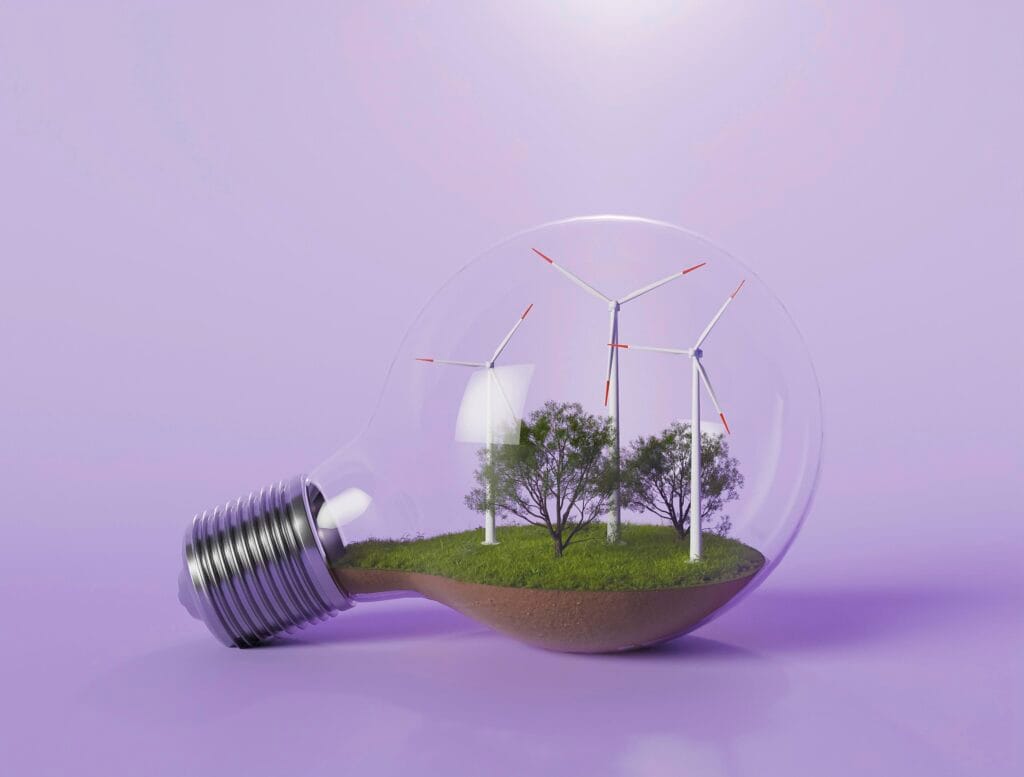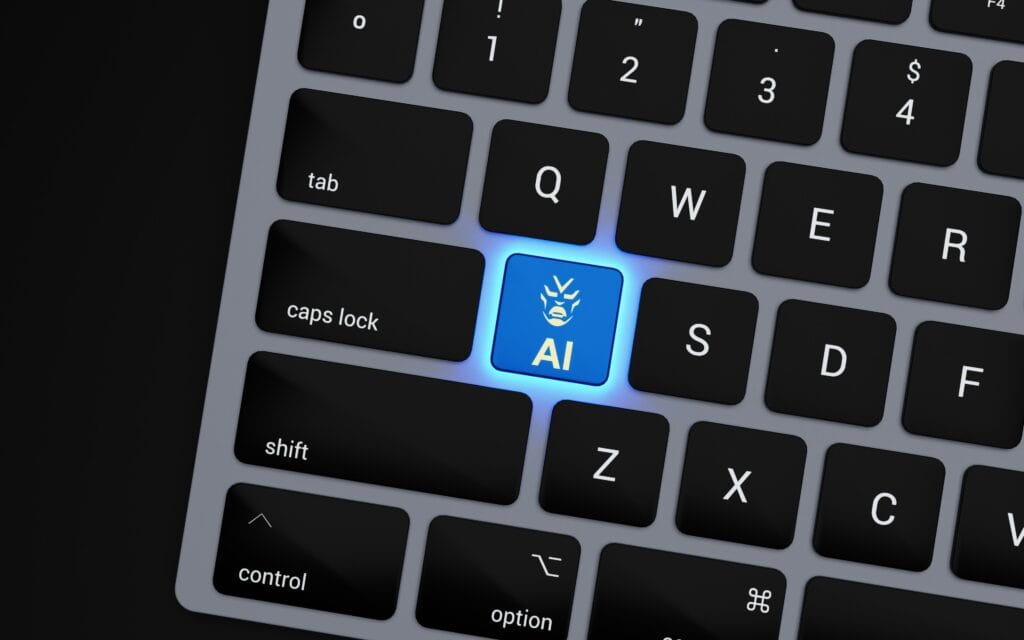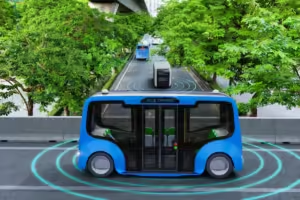The global demand for energy continues to rise while countries work toward reducing their reliance on fossil fuels. Renewable energy sources such as solar and wind are playing an increasing role in meeting this demand. However, they also introduce challenges because of their unpredictable and fluctuating nature.
Artificial Intelligence is now becoming an important part of energy management. By analyzing large amounts of data in real time and making accurate predictions, AI helps create efficient and reliable energy systems that support the transition toward renewable resources.

The Challenges of Modern Energy Management
Energy providers today face multiple challenges while managing power grids. Some of the most pressing issues include:
- The growing complexity of grids as they connect traditional and renewable sources
- The intermittent and unpredictable supply from renewable energy resources
- Balancing energy demand with supply in real time
- Loss of energy during transmission and distribution
- Rising costs and the need for greater efficiency in operations
These challenges highlight the need for smarter solutions that go beyond manual monitoring and traditional methods of energy control.

How AI Transforms Energy Management
Artificial Intelligence addresses many of the difficulties in energy management by offering advanced tools and predictive capabilities. Some of the key ways AI is used include:
- Real-time analytics: AI systems process data from smart meters, IoT devices, and sensors to provide immediate insights into energy use and distribution.
- Demand forecasting: Machine learning models predict future energy requirements with accuracy, helping providers plan ahead.
- Grid optimization: AI automates decision-making for load balancing and energy distribution across regions.
- Predictive maintenance: AI identifies faults in equipment before they lead to major failures, reducing downtime and costs.
Through these applications, energy providers can ensure better reliability, reduce waste, and maintain stability even under complex conditions.

AI in Power Grid Optimization
Power grids are central to energy distribution, and their smooth operation is critical. AI plays a significant role in making them more efficient:
- Load balancing: AI systems adjust energy flow across the grid to match supply with demand in real time.
- Automated controls: Intelligent systems detect unusual activity and prevent issues such as overloads or blackouts.
- Energy efficiency: AI reduces losses in transmission and distribution by monitoring system performance continuously.
- Fault detection: By analyzing patterns, AI can identify weaknesses in the grid and allow early action to avoid disruptions.
These improvements make power grids more resilient and capable of handling the growing share of renewable energy.

AI in Renewable Energy Integration
The integration of renewable energy into the grid brings challenges due to its dependence on weather conditions. AI provides solutions that make this process smoother and more reliable:
- Generation forecasting: AI uses weather models and satellite data to predict solar and wind energy output.
- Storage optimization: AI manages energy storage systems, such as batteries, ensuring energy is stored when available and released when needed.
- Distributed resources: AI coordinates smaller energy sources, such as rooftop solar panels, to work together as part of the larger grid.
- Project management: Renewable energy projects use AI for planning, from site selection to efficiency tracking.
By using these methods, renewable energy becomes more predictable and easier to integrate into existing systems.

Key Benefits of AI in Energy Management
The use of AI in energy management brings multiple benefits for both providers and consumers:
- Improved stability and reliability of energy supply
- Reduced operational costs and lower energy waste
- Better integration and wider adoption of renewable energy sources
- Real-time monitoring and insights for consumers and providers
- Support for sustainability goals and reduction in carbon emissions
These benefits show how AI contributes not only to operational efficiency but also to the larger goal of building sustainable energy systems.

Conclusion
Artificial Intelligence is becoming a vital part of energy management. From balancing power grids to improving renewable energy integration, AI offers practical solutions that address real challenges.
As energy demand continues to grow and the world moves toward cleaner resources, AI provides the intelligence needed to ensure stability, reduce waste, and support sustainability. It is not just about improving today’s energy systems but also about preparing for a future where renewable energy plays a central role.











